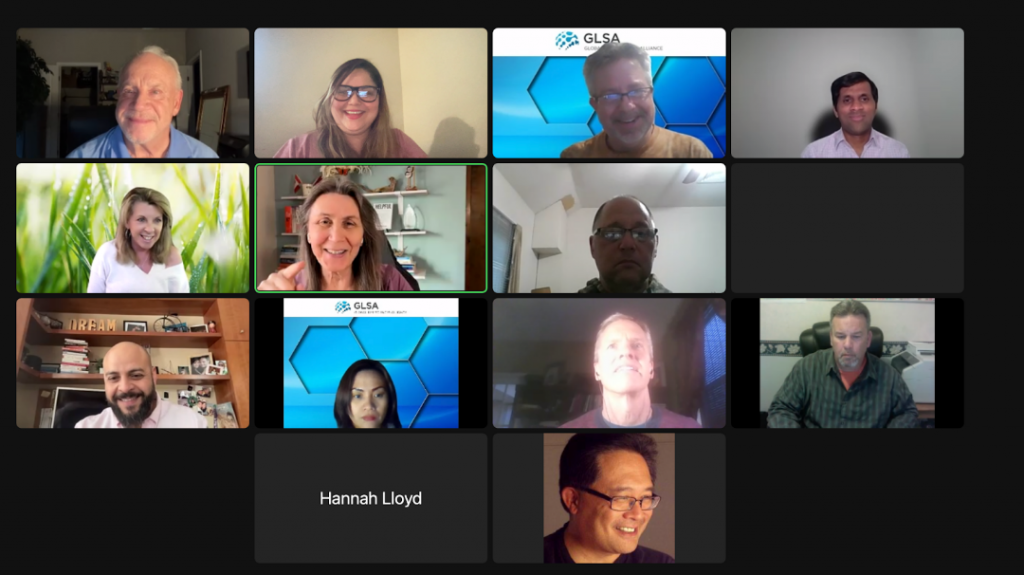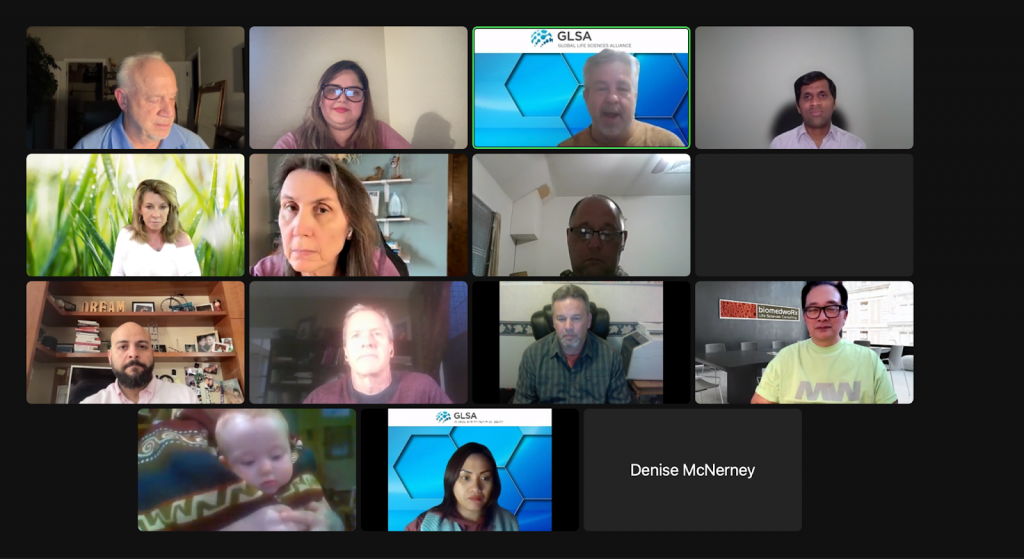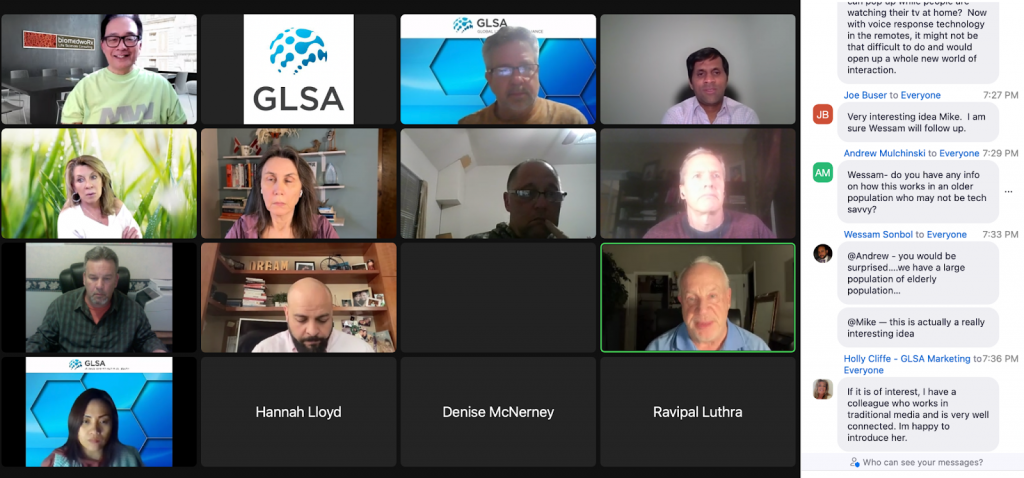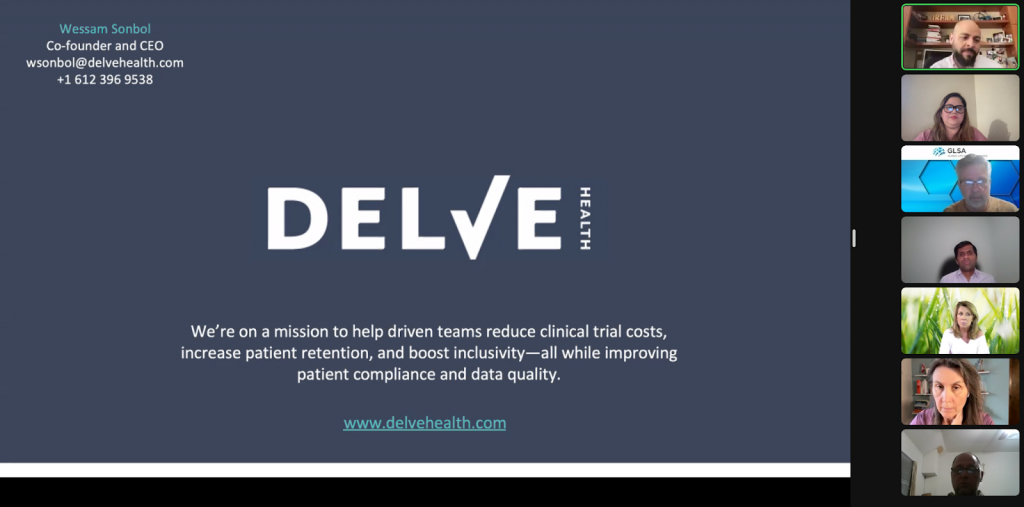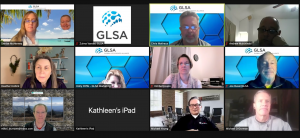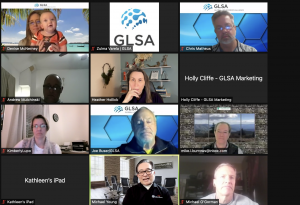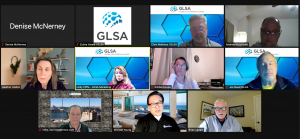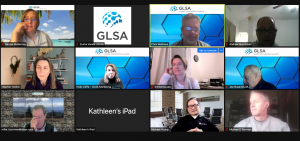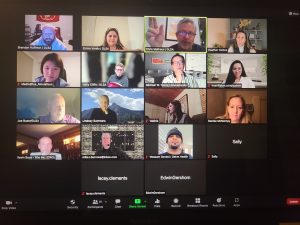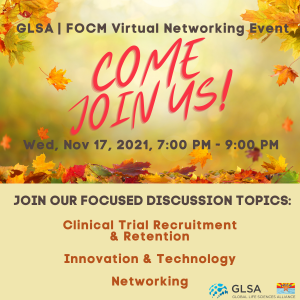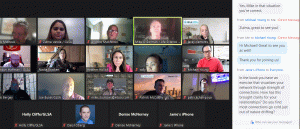“Networking”
to some people sounds more complicated than it is and may even generate
feelings of discomfort. “Networking”
isn’t meeting strangers with a common interest in a noisy bar and shouting at
each other, “what do you do?” Although
I’m sure many of you have experienced such an event.
To
understand the role that networking plays in career management, let’s start
with the evolving definition of NETWORKING.
Investopedia describes NETWORKING as: the exchange of
information and ideas among people with a common profession or special
interest, usually in an informal social setting.
Dictionary.com
describes NETWORKING as: a
supportive system of sharing information and services among individuals and
groups having a common interest.
Cambridge
Dictionary describes NETWORKING
as: the process of meeting and talking to
a lot of people, esp. in order to
get information that
can help you
Historically, definitions of networking stressed the point was to
meet people and determine how they could help you. That self-centered approach has given way to the
understanding that the purpose of networking is go create a mutually beneficial
relationship. In her book Helpful: A
Guide to Life, Careers and the Art of Networking, Heather Hollick presents
the purpose of networking is to be helpful – leveraging who you know and what
you know to help other people be successful, and surround yourself with other
people who do the same.
My
Networking Philosophy to networking
is: connecting people and companies to companies and people for their mutual
benefit. It is nice to see that Business
Dictionary has added: Networking is based on the question – “how can I
help?” and not “what can I get?”
Why Network
In
the past, even as recent as 15 to 20 years ago, networking outside one’s
company (think of a large pharmaceutical company) didn’t seem necessary. There were still plenty of people who had
been at the same company for 15 – 30 years and were doing well with no thought
to changing jobs. Then mergers,
acquisitions and restructuring shook the industry. People who had been at a company for many
years and who were well networked within that company suddenly were out of work
and realized they had no business network outside of that company. That is exactly what happened to me and I
made sure to learn from that experience.
Lesson Learned #1: Look at your situation with a wider perspective
While in shock, worrying if I’d have to
move my family and going on interviews, I learned a lesson from a chance
encounter with a former colleague who was in the same boat that as I was in. We were both flying to New Jersey for
interviews and I told him I didn’t have a good feeling about the company I was
interviewing with, it had no culture, and the employees didn’t seem friendly. He suggested I look at it differently –
“could you do the job for a year?” is what he asked me. My reply was, “of course.” He helped me realize that there was nothing
wrong with taking the job, making the most of my severance, and continuing to
look for a role that reflected the highest and best use of my skills. And who
knows? Maybe the job would be better than I first thought. This bit of advice
completely changed my attitude and I interviewed as if this was the perfect job
for me. I got the job. It turned out to be an okay fit but I kept
one job opportunity open and when they offered me the position 5 months later,
I took it.
Lesson Learned #2: Use this job to get to your next one.
Your new may not be THE job that carries
you through the rest of your career.
Some have called such an experience, a “mulligan” or a “do-over”
job. Through the experience you learn
that you are employable and you’re more in the driver’s seat than you think. Your goal is to find the company and culture
that fits you, and where you want to invest your energy and talent.
Lesson Learned #3: Be prepared
I do not consciously recall saying to
myself “I’ll never be in that situation again.”
However, a look at my behavior since then indicates that I took that to
heart. At every conference I attended, I
introduced myself to the people in the booth on either side and across from me
at the conference. When I wasn’t in the
booth, I walked the exhibit hall asking questions, meeting people and learning
about their companies and services. In
the past 15 years, when corporate restructuring or a personal decision to be in
the market for a new job, I had job offers and was working within a short
period of time.
Lesson Learned #4
Networking must be an integral part of managing your career.
Making and maintaining mutually
beneficial relationships will help you get promoted, take on challenging
assignments, solve and help others solve work problems and successfully address
issues.
Having
polled many audiences at DIA networking workshops over the past 10 years, the
percentage of people who are in their current job due to networking is around
85%. Very few people are in their
current job in our industry by replying to online job postings.
Networking
also helps your career by:
- Being seen as
proactive, active, resourceful, smart, and engaged
- Bringing new
experiences to your life
- Building loyalty,
trust, and dependability
- Increasing your
communication skills, influence, and patience
Now, how do you do this?
In almost every state there is an
organization to foster and support biotech and pharma companies. NJ Bio, PA Bio, NC Biotech are examples. Join them and find out when they have
events. LaunchBio (https://launchbio.org/) is an organization that hosts monthly events with
speakers on relevant topics to the industry and are located in: Cambridge, MA;
Durham, NC; Los Angeles, CA; New York, NY; San Diego, CA and San Francisco,
CA.
Now, how do you really do
this?
- When attending events, if there’s an opportunity
to pre-register, do so. This
usually means you get a printed name tag.
Wear it.
- Put the name tag on the right side of your
chest. This makes it visible to who
you meet as you shake hands.
- Dress sharp and professional.
- Make eye contact.
- Smile, be positive and maintain a pleasant
demeanor.
- Be Personable – remember and use people’s names.
- Be helpful – look for ways to offer information,
to a favor, or make an introduction.
- Be someone others WANT to connect to.
- Ask “what are you working on?” instead of “what
do you do?”
- Be interested – ask others for their business
cards (and have yours ready for them).
- Follow up – thoughtfully and invite to connect on
LinkedIn.
- Put down your phone.
A
section from Heather Hollick’s book carries this noteworthy message: Your
network…stays with you from job to job and career to career. It is entirely your creation and no one can
take it away from you… build a network that becomes your tribe – the people to
whom you are loyal and who, you trust, are loyal to you.
